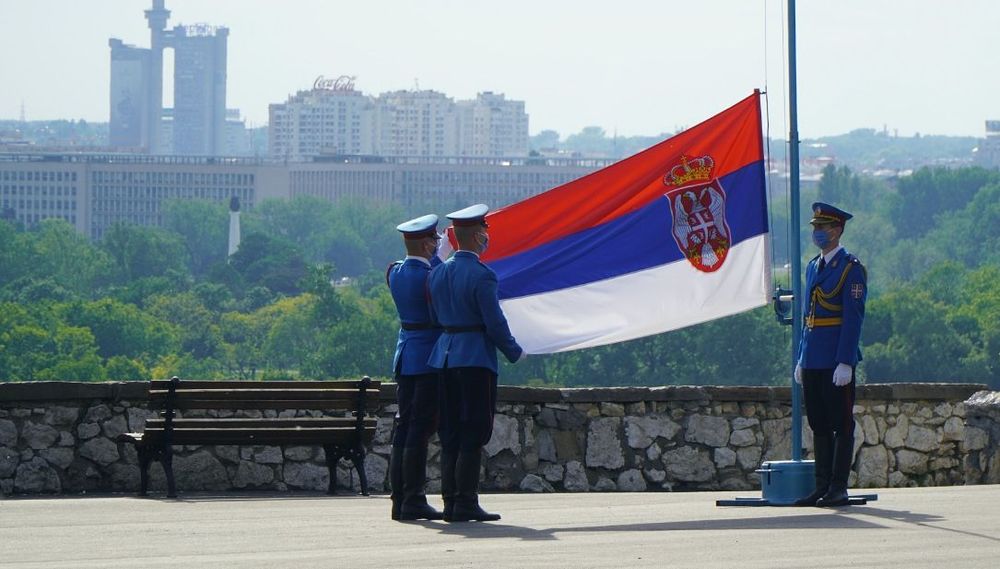Serbian government reports ‘massive DDoS attack’ amid heightened tensions in Balkans
The Serbian government announced on Saturday that the website and IT infrastructure of its Ministry of Internal Affairs had been hit by several “massive” distributed denial-of-service (DDoS) attacks.
"So far five large attacks aimed at disabling the IT infrastructure of the Ministry of Interior have been repelled," said Belgrade, adding that government employees and staff from state-owned Telekom Srbija (Telecom Serbia) were able to counter the attacks.
“Enhanced security protocols have been activated, which can lead to slower work and occasional interruptions of certain services, all in order to protect the data of the Ministry of Internal Affairs,” the Serbian government added.
The DDoS attacks — which work by flooding targeted websites with junk traffic, making them unreachable — come amid a spate of similar incidents claimed by Russian-supporting groups in the context of the invasion of Ukraine, although no group has claimed to be behind the attempts to take the Serbian website and services offline.
While Serbia has historically enjoyed warm relations with Russia, its president Aleksandar Vucic refused to recognize the results of the referendums which Russia held last year in partially-occupied Ukrainian territory.
An analysis by the Council on Foreign Relations suggested that the war in Ukraine could be undermining Russia's influence in the region.
However heightened tensions in the Balkans, which have recently seen violent clashes between ethnic Serbs in northern Kosovo and the ethnic Albanian authorities, have prompted Kosovo's prime minister Albin Kurti to accuse Russia of attempting to inflame ethnic tensions.
“Now that Russia got severely wounded in Ukraine after its invasion and aggression, they have interest in spillover. They have interest in outsourcing their war-mongering drive to the Balkans where they have a client who’s in Belgrade,” said Kurti.
In the northern part of Kosovo, a country which declared independence from Serbia in 2008 — and which Serbia does not recognise — Serbian nationalist organizations with reported ties to the Wagner paramilitary group have threatened to confront NATO troops.
#KFOR is investigating an indirect fire incident on 25 December in the close proximity of a @NATO_KFOR patrol. The incident involved unknown armed people in the Zubin Potok area. pic.twitter.com/1FsznDeWae
— @NATO - KFOR (@NATO_KFOR) December 26, 2022
Vucic said on Sunday that the NATO-led peacekeeping Kosovo Force (KFOR) refused to allow him to deploy up to 1,000 military and police personnel to the territory in response to recent clashes, per its powers under a U.N. Security Council resolution.
It was the first request to deploy troops which Serbia had made since the conclusion of the Yugoslav Wars and followed the arrest of a member of the Kosovo Security Force on suspicion of shooting and injuring two young Serbs, aged 11 and 21, while off-duty.
Tensions in northern Kosovo have also been catalyzed by elections which the Kosovar authorities have now delayed and which Serb community leaders threatened to boycott.
Serbia's defense minister said that the Serbian Armed Forces had been placed at the "highest level of combat readiness" in late December amid unverified claims from Serbian state media that Kosovar police had opened fire on a blockade erected in protest against the arrest of a former Serb police officer.
Alexander Martin
is the UK Editor for Recorded Future News. He was previously a technology reporter for Sky News and a fellow at the European Cyber Conflict Research Initiative, now Virtual Routes. He can be reached securely using Signal on: AlexanderMartin.79



